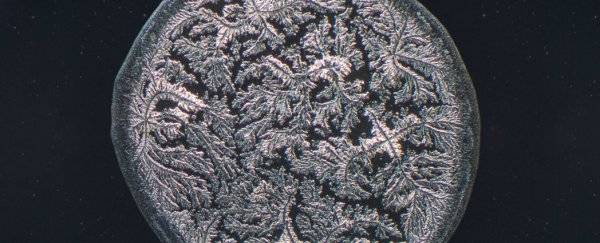To the naked eye, tears might not look like much - they're salty, wet, globules, whether you got them because you're sad, happy, or cutting raw onions. But the various circumstances that cause you to shed one or 100 tears determines a distinct chemical make-up that can tell us a whole lot about their specific biological function, and if you can get right down to a microscopic level, you can see just how unique they can be.
The three main types of tears - basal, reflex, and emotional - contain an array of substances including oils, antibodies, and enzymes, all suspended in salt water and distributed around and out of the eye to either lubricate it, rid it of pathogens, signal to the people around us that we're in physical pain, or reveal that we're having an emotion response to something.
To show how they differ physically, Dutch artist Maurice Mikkers got his friends over for some good, old-fashioned tear-harvesting, telling them they could elicit them by cutting onions, eat hot peppers, looking in to a fan, or crying because of sadness or happiness. Then he put them under a microscope and photographed the results.
It's actually a pretty simple process that you can do at home, as Mikkers explains at Medium:
"First you capture the tear with a micropipet. After you have the tear, you dispense it on to a microscopic slide by making several small (2 to 4 mm) drops. After this step, it takes some time to crystalise and settle. After the tear drop(s) are crystallised, it's possible to take images and start comparing."
The results are below, and they're awesome. Even tears produced by the same stimulent look different.
Emotional response:
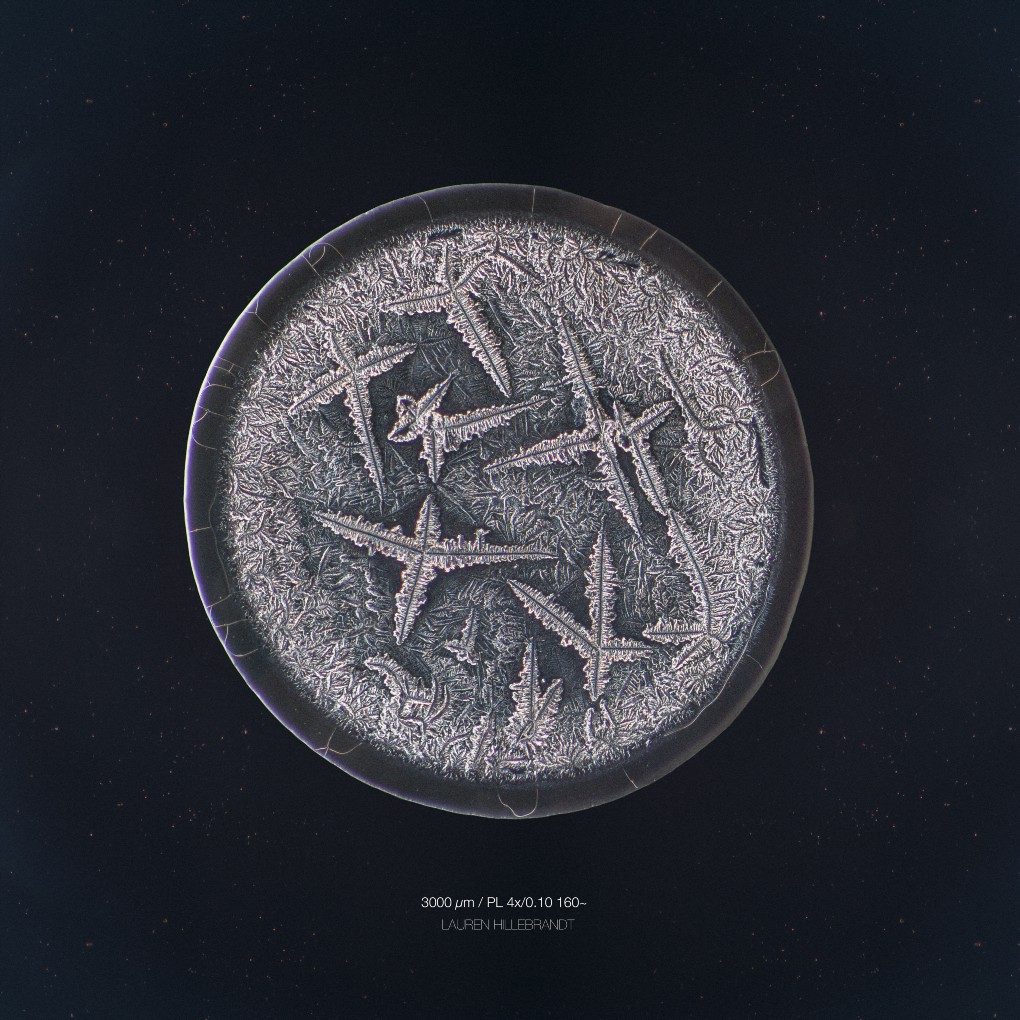 Credit: Maurice Mikkers
Credit: Maurice Mikkers
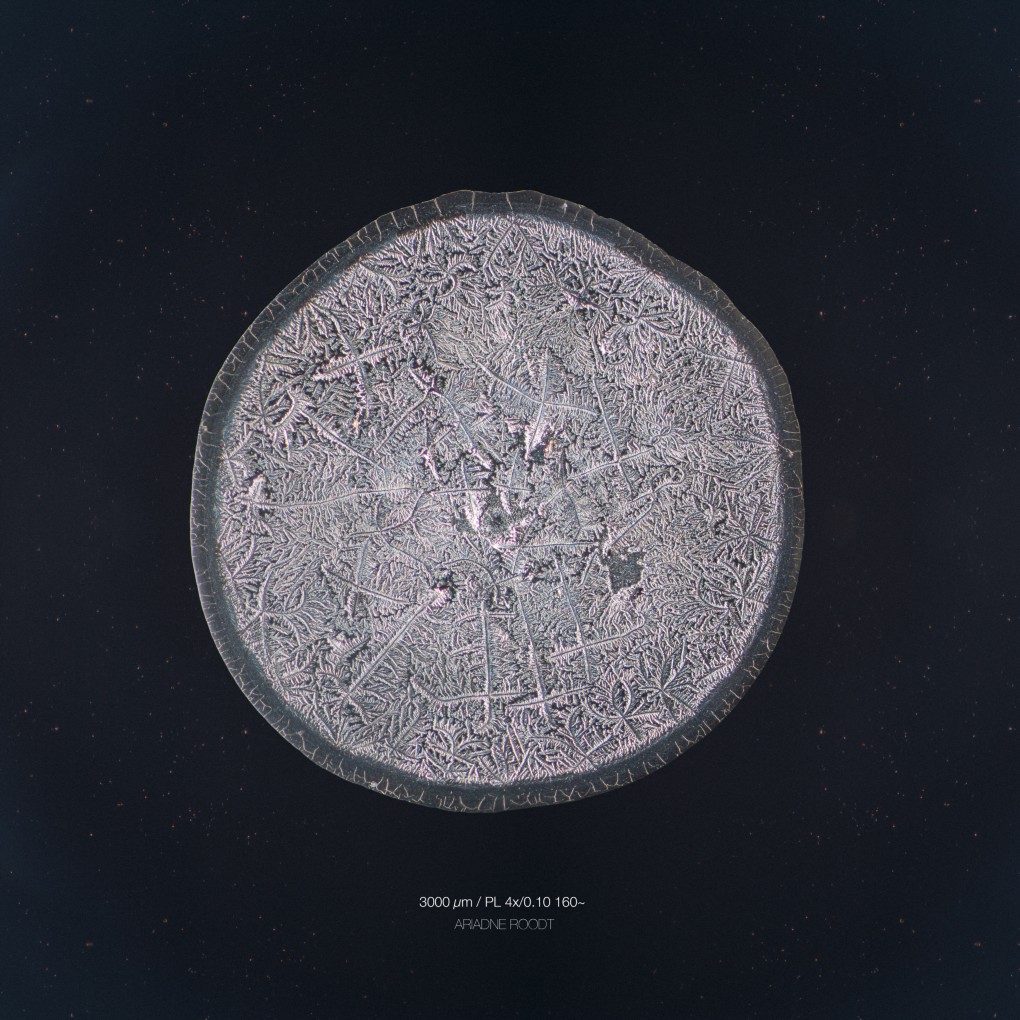 Credit: Maurice Mikkers
Credit: Maurice Mikkers
Cutting white onions:
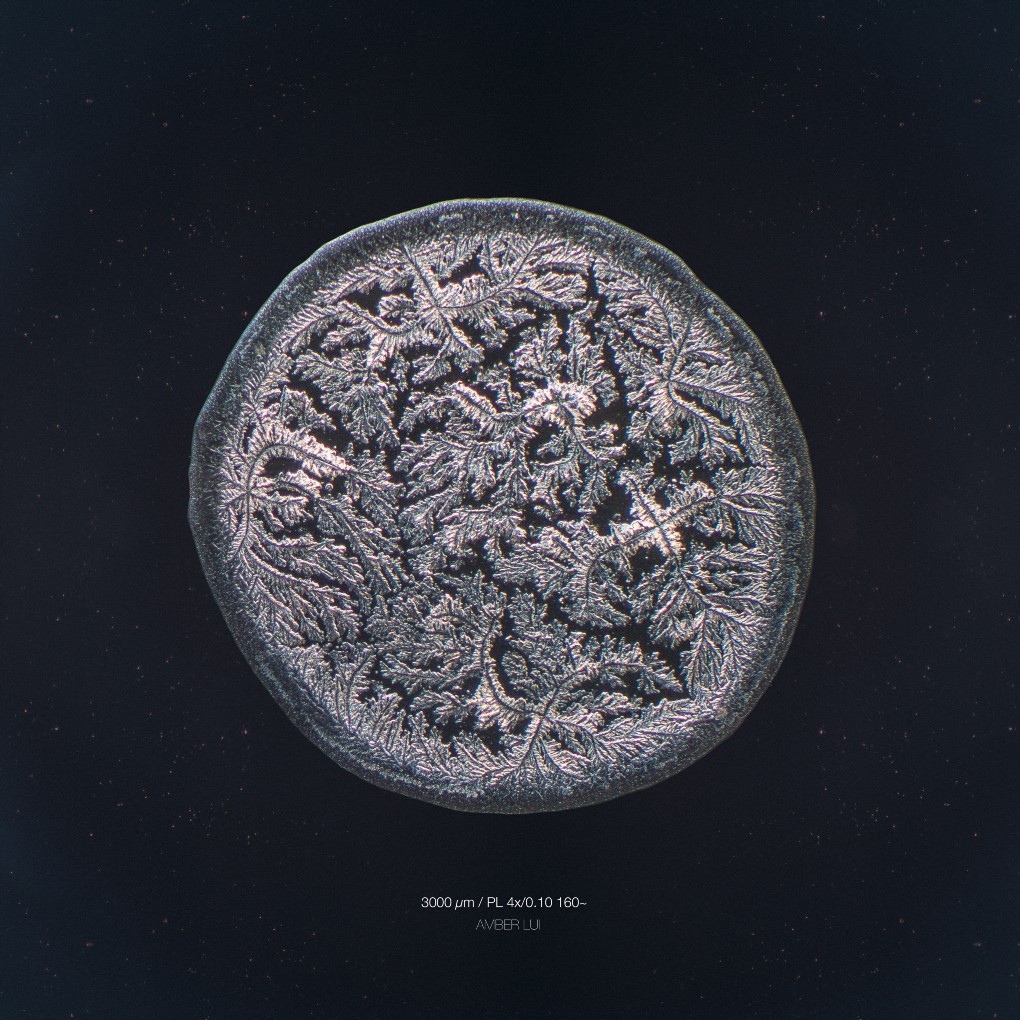 Credit: Maurice Mikkers
Credit: Maurice Mikkers
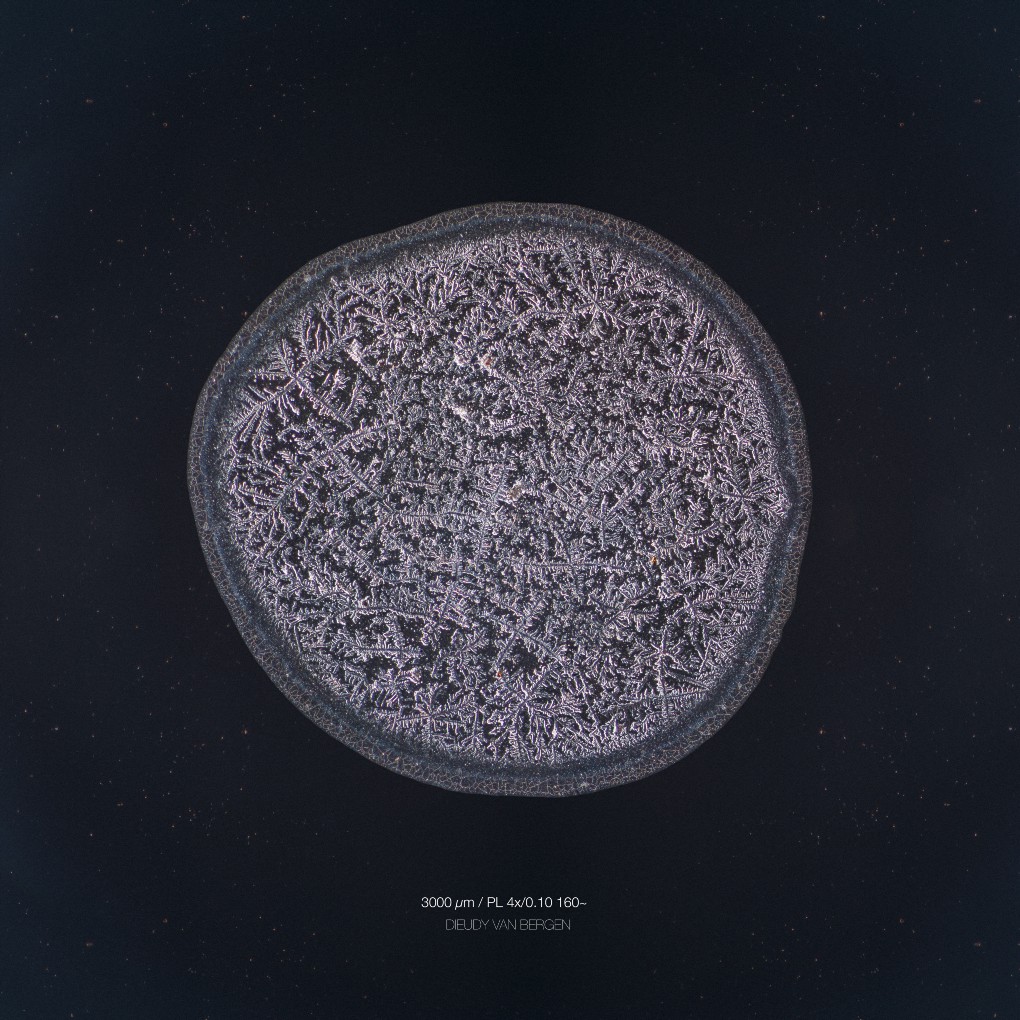 Credit: Maurice Mikkers
Credit: Maurice Mikkers
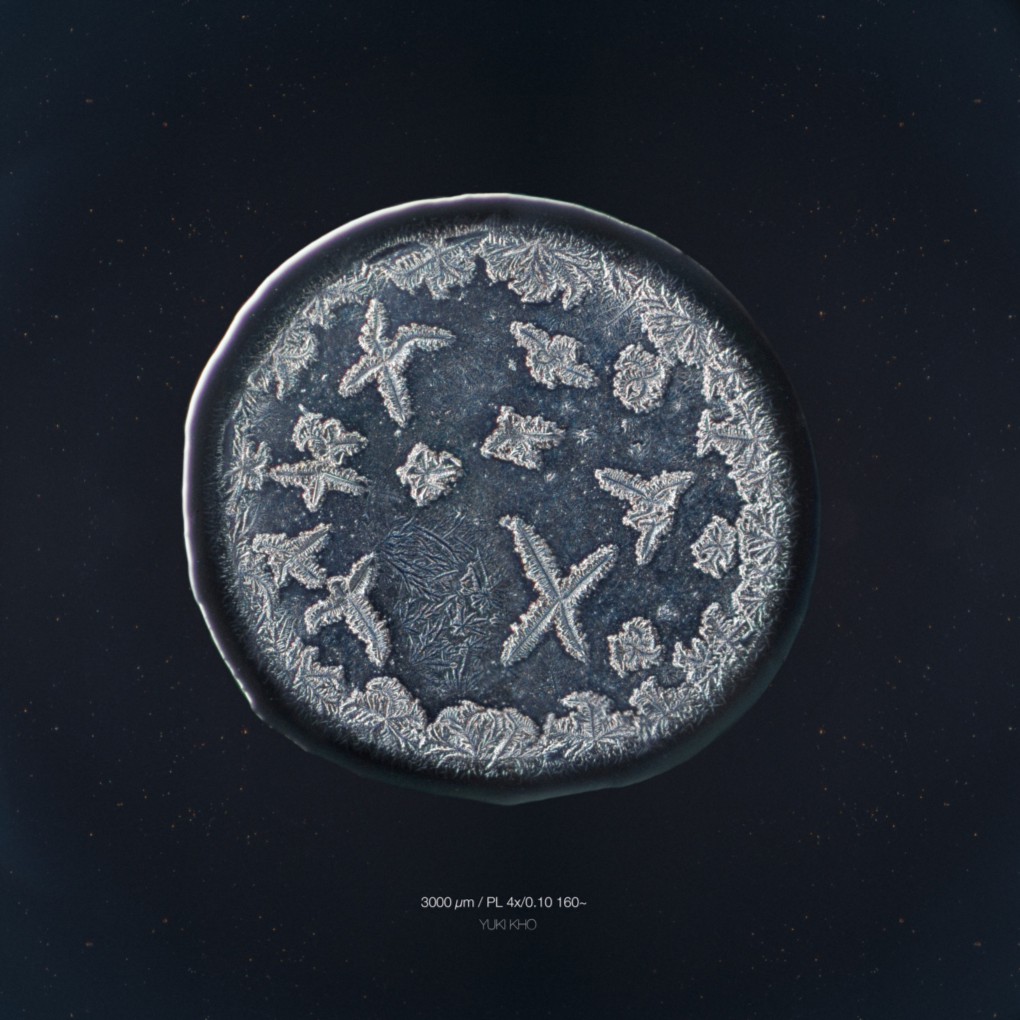 Credit: Maurice Mikkers
Credit: Maurice Mikkers
Looking into a fan:
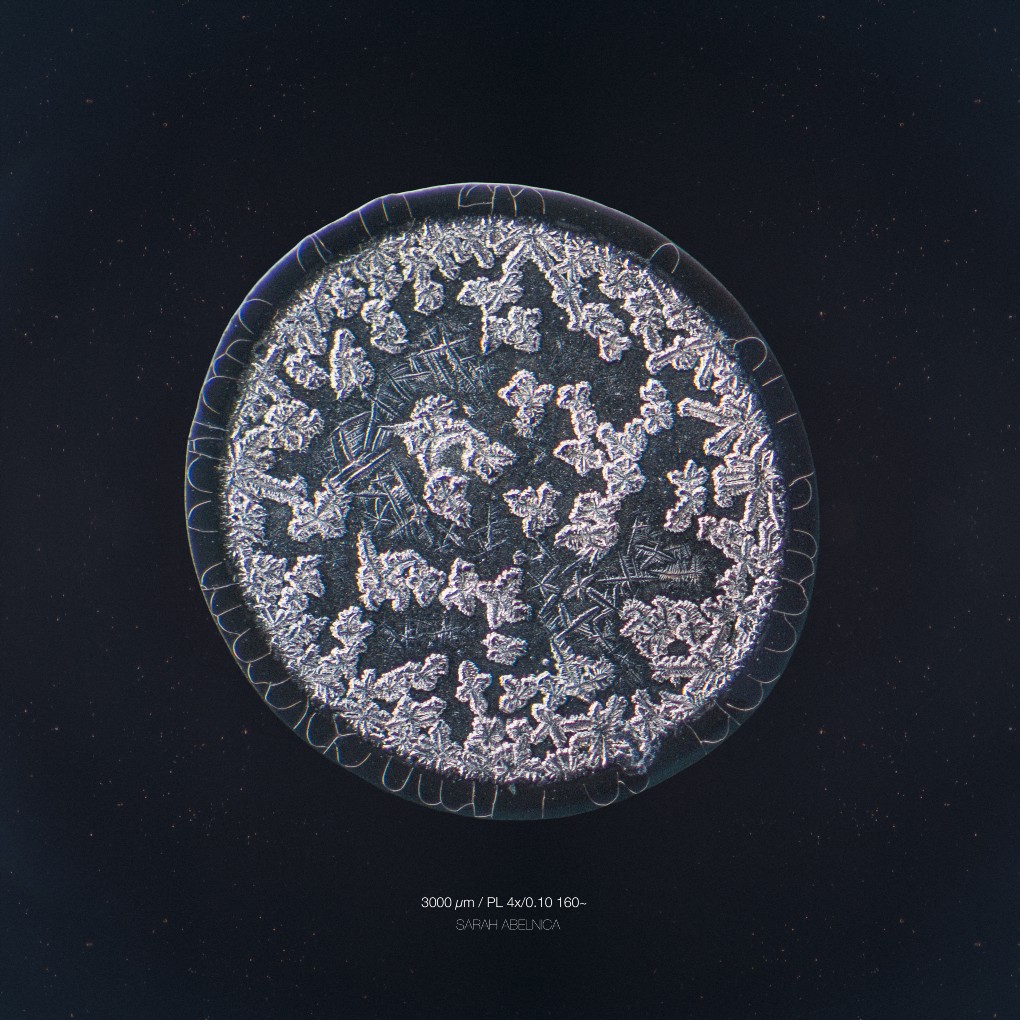 Credit: Maurice Mikkers
Credit: Maurice Mikkers
Eating a hot red pepper:
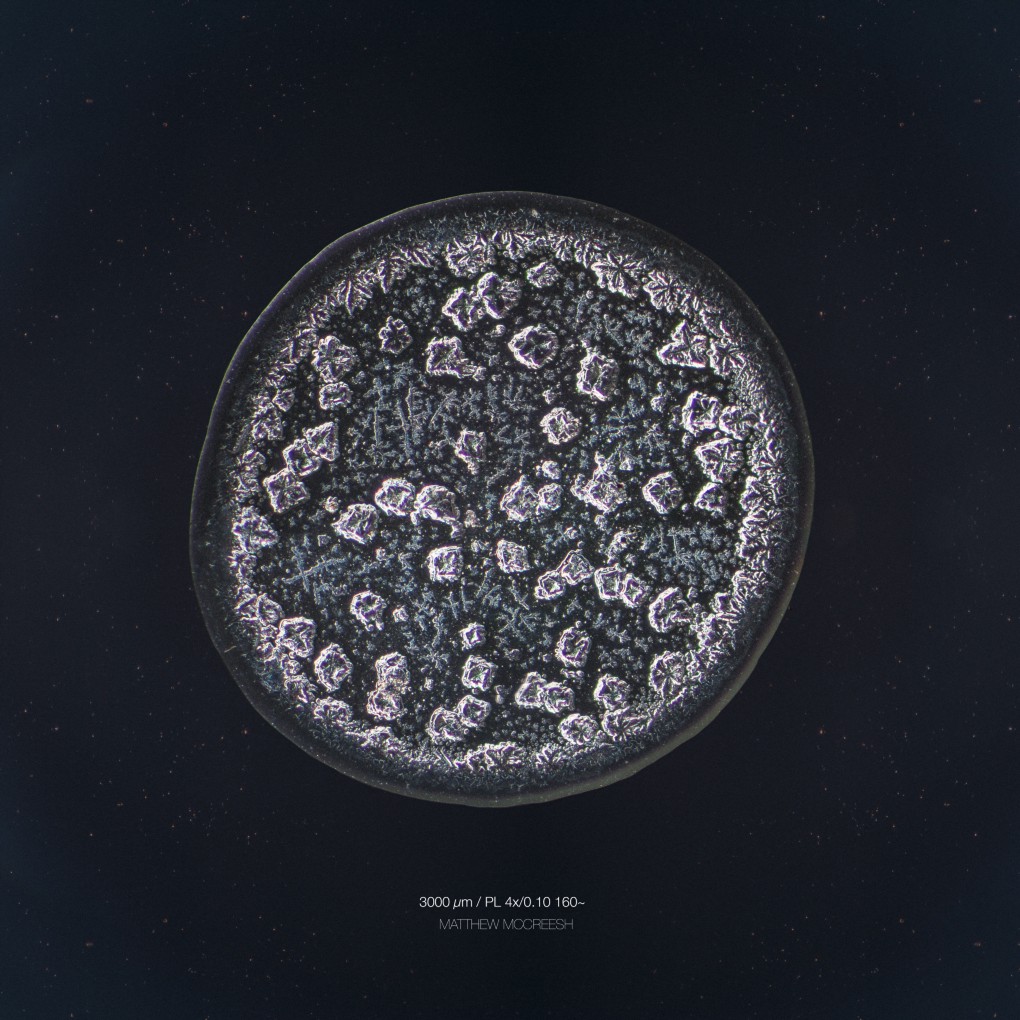 Credit: Maurice Mikkers
Credit: Maurice Mikkers
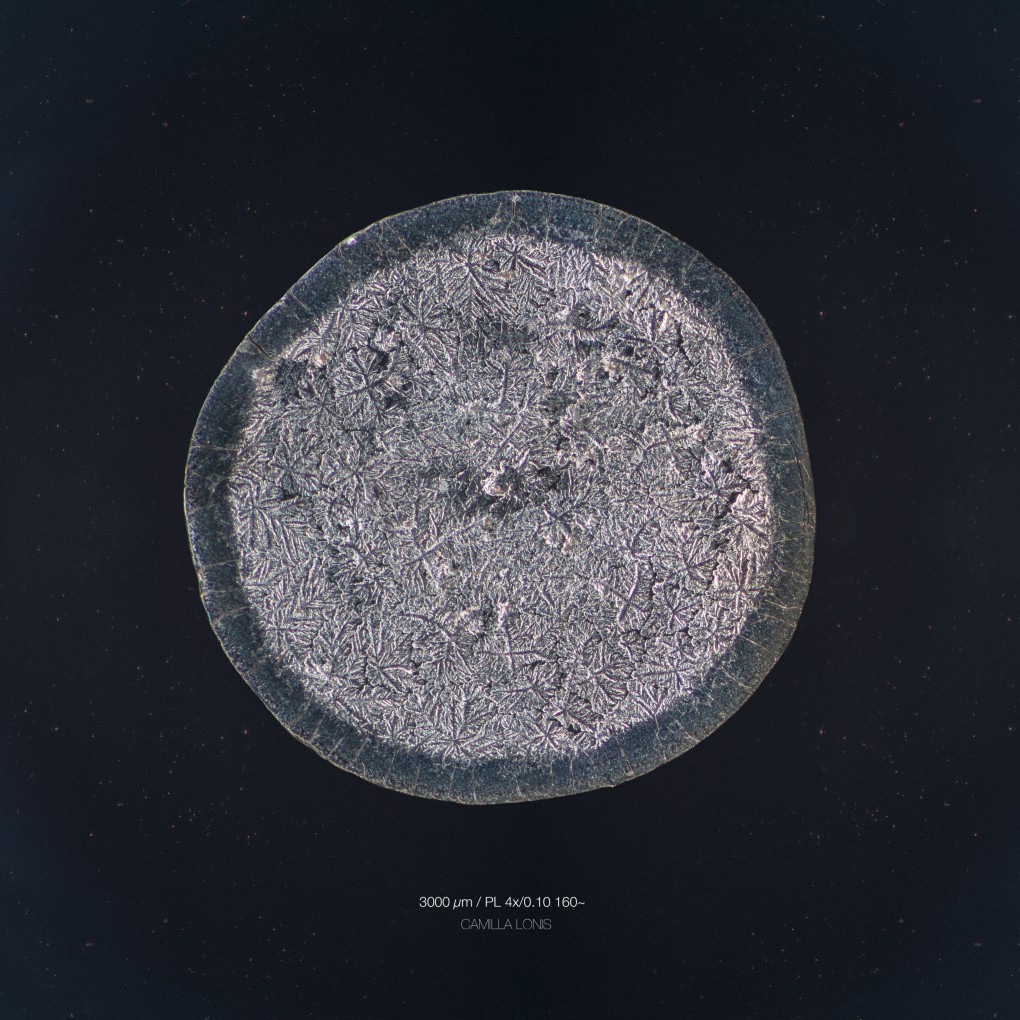 Credit: Maurice Mikkers
Credit: Maurice Mikkers
So next time you're sad, just remember: you're leaking little salty snowflakes out of your face and it's amazing.
